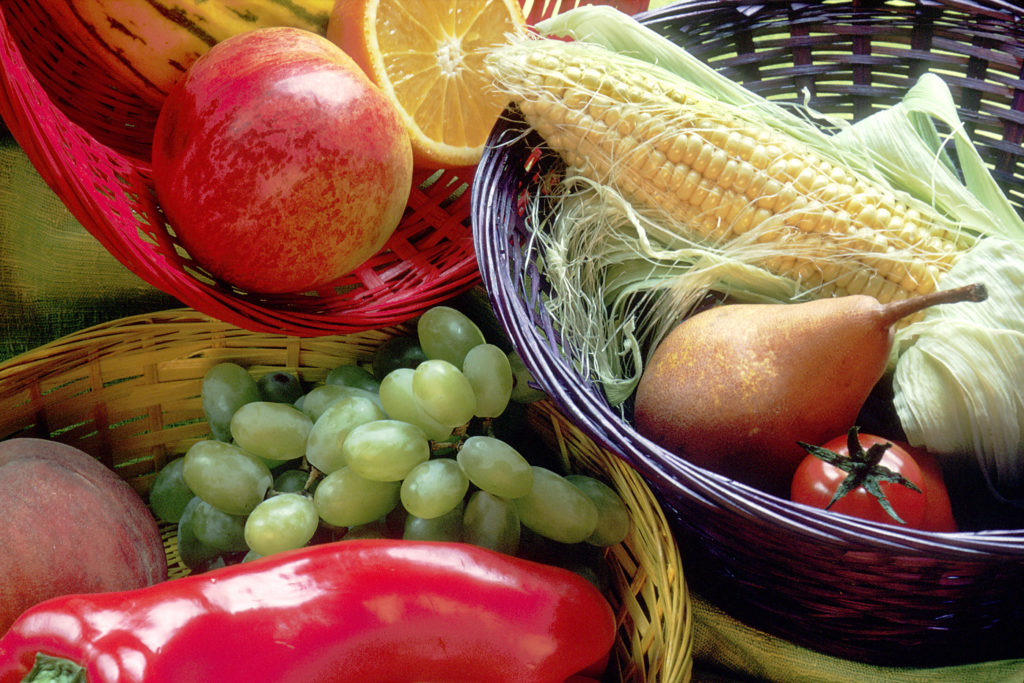
The Department of Agriculture is teaming up with the Agricultural Research Service to create a way to hinder E. Coli from spreading on produce. Food processing and distribution centers utilize chlorine dioxide and chlorinated water to clean fruits and vegetables before they are shipped out to retail locations and this new packaging is in the same vein as existing methods.
A new type of gas release packaging is being developed that is designed to let chlorine dioxide gas slowly leak out into containers of produce. Scientists at the Agricultural Research Service found that spraying the disinfectant gas is not very effective because it dissipates too quickly. On the other hand, when sprayed for too long, produce will burn and quality will be lost in terms of taste. In collaboration with Worrell Water Technologies, they want to sell these pouches to food manufacturers and food handlers as a way to prevent spoilage and potential foodborne illness outbreaks. Worldwide, about 25% of fresh produce spoils due to pathogens of some sort.
Their test results showed much promise as levels of bacteria, fungi, and other harmful pathogens decreased at levels ranging from 10 to 100,000 times. Tests were conducted in a way that mimics how fruits and vegetables are typically stored and shipped. Pouches are only the size of credit cards and a few were placed in shipping containers filled with fresh produce to test the efficacy. Results showed that the taste and quality did not diminish with the chlorine dioxide pouches.
E. Coli is one of the most widespread causes of foodborne illness in the United States. It can be spread through feces, contaminated water, and can remain on the surfaces of food through any cross contamination. Some foods that often carry E. Coli include raw fruits and vegetables such as sprouts, as well as raw or undercooked meats. For more information on the symptoms and risks of E. Coli, please visit our E. Coli page.